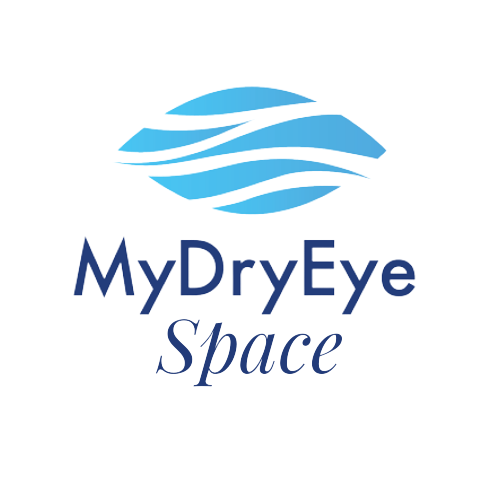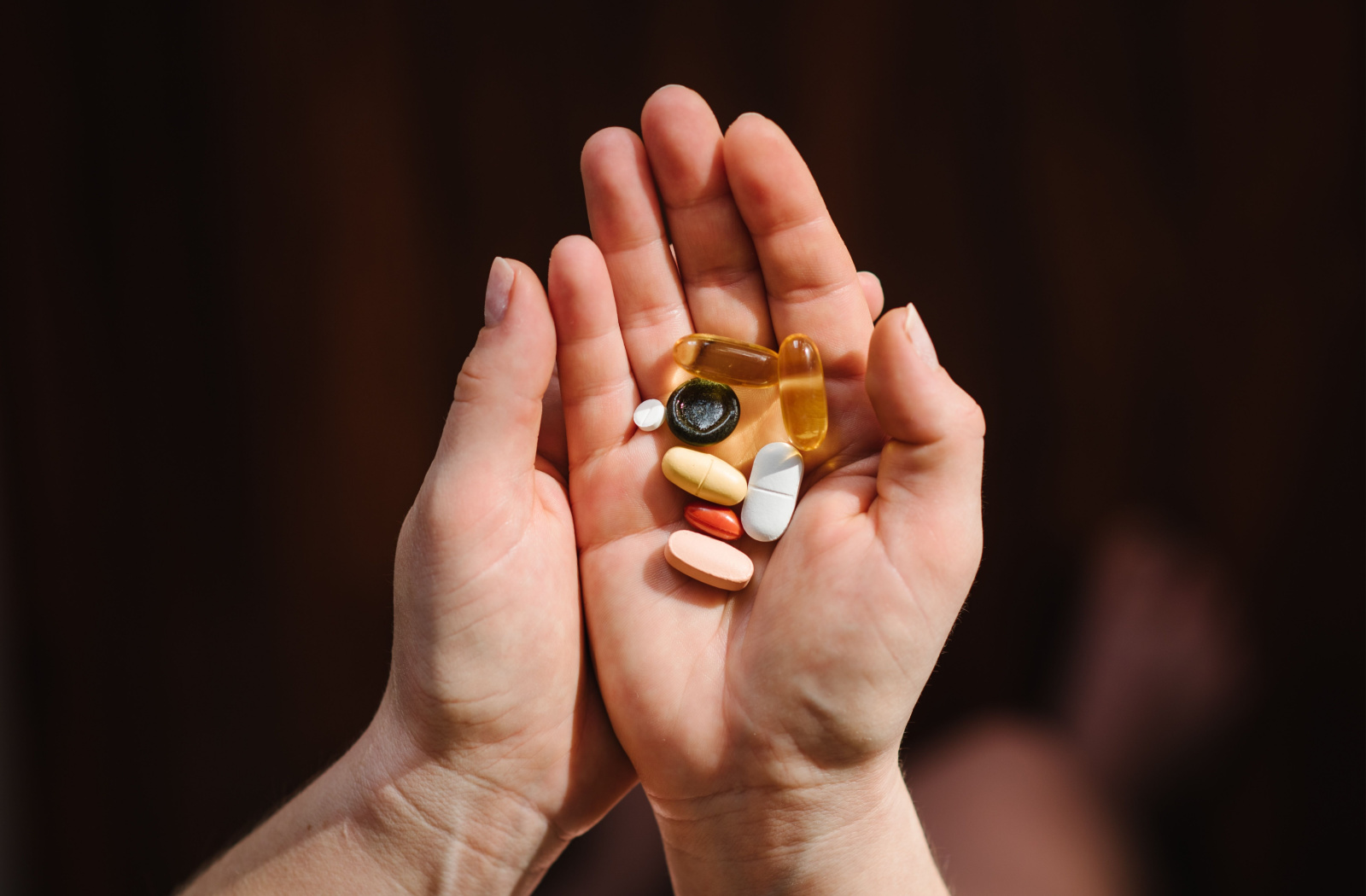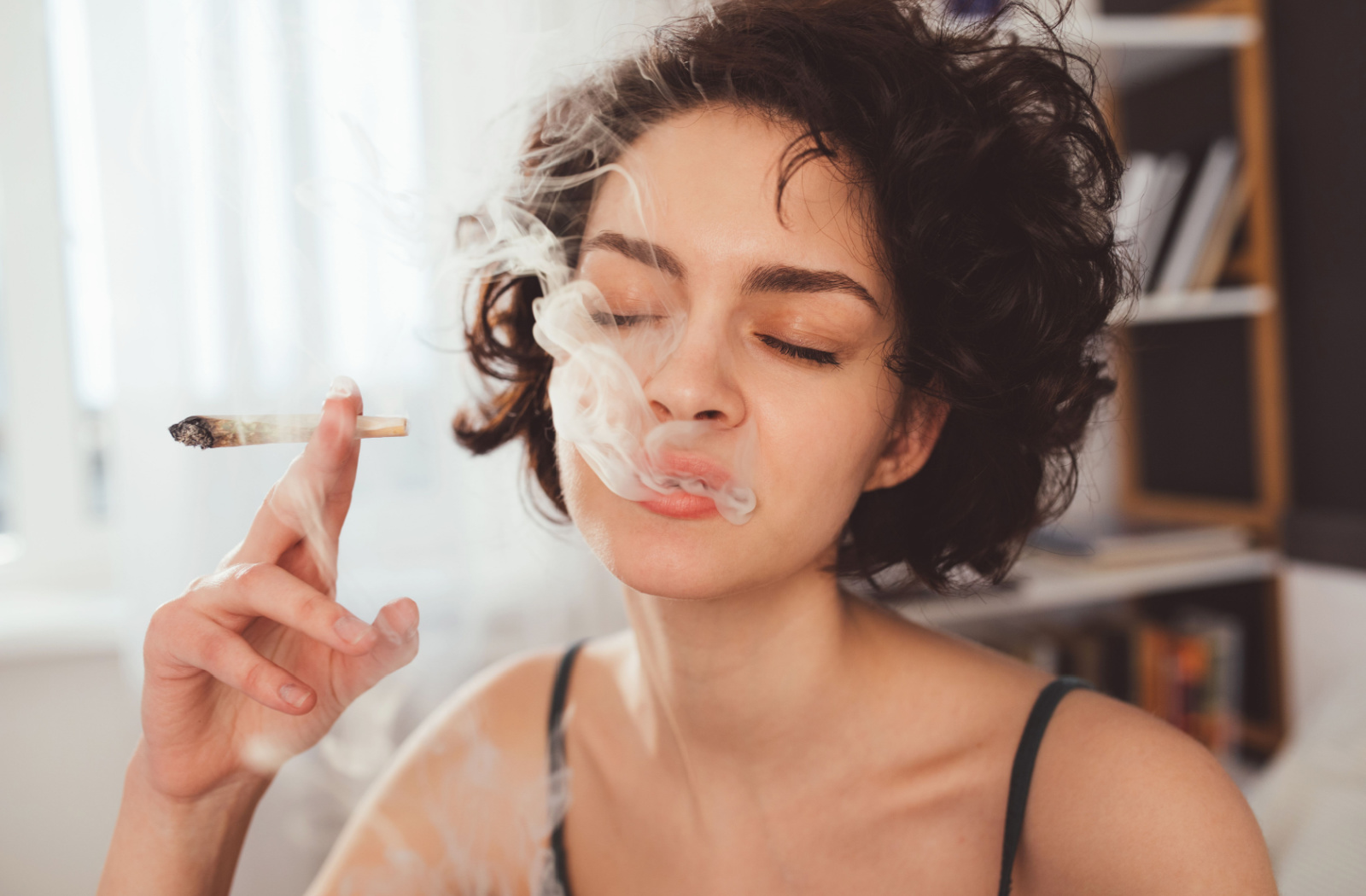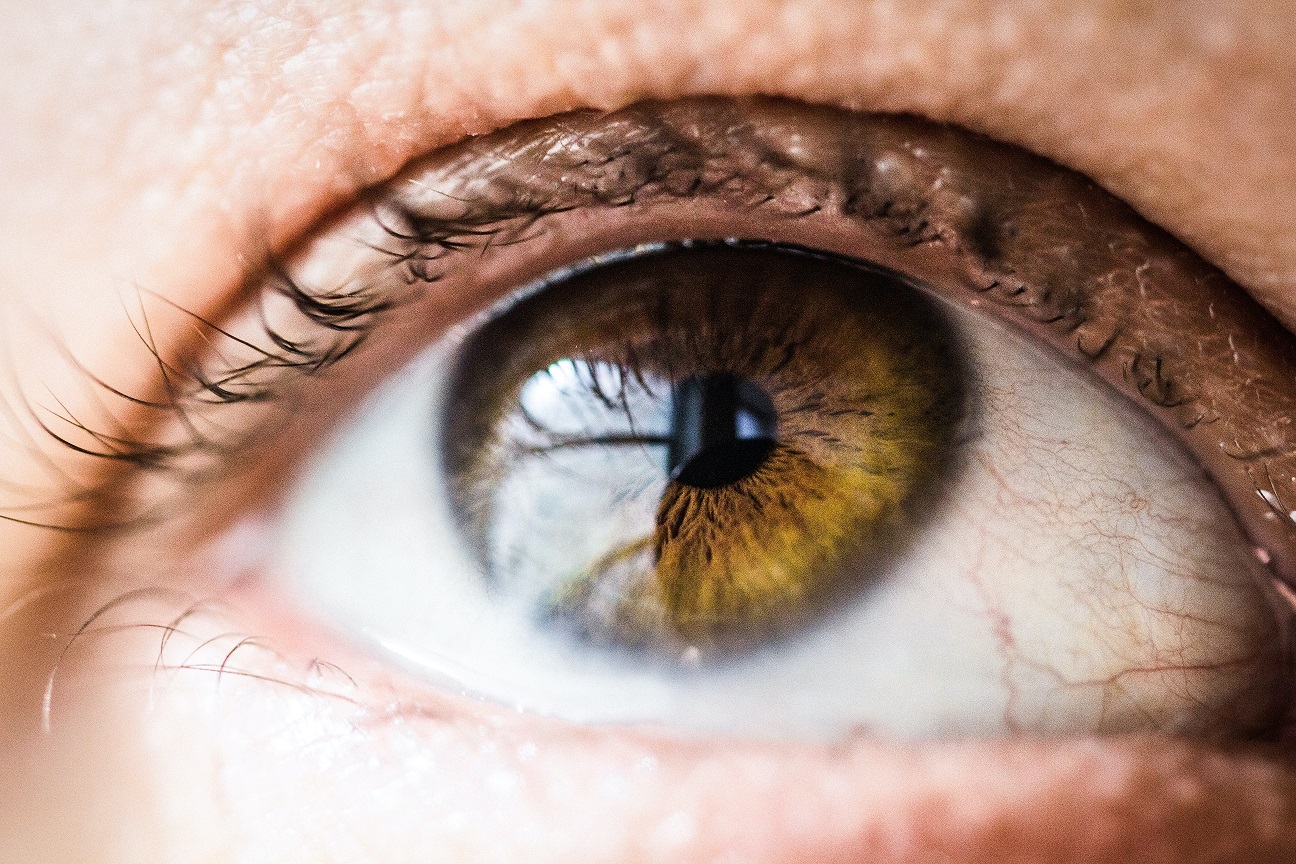
Your body runs on hormones. They impact your sleep cycle, your weight, and even your mood. But did you know your hormones can have a significant influence on your eye health?
Menopause and other hormonal changes can cause dry eye irritating symptoms, poor visual performance, and even ulcers on the surface of the eye.
Let’s discuss the link between hormones and dry eyes.
How Do We Know Dry Eye is Related to Menopause?
For years, research has shown that women are more prone to dry eye disease than men. A review of dry eye demographics says that 78% of dry eye sufferers are female. The same report goes on to state that 7% of women over 50 suffer from dry eye, compared to 4% of men over 50.
These statistics imply that post or perimenopausal women are more likely to experience dry eye disease. This link occurs because the hormones impact certain glands in the eyes.
How Do Hormonal Changes Cause Dry Eye?
Both estrogen and androgen levels impact your tear film and the issue stems from the way hormones impact oil glands called the meibomian glands.
To understand the way hormones impact tear health, we first have to understand the meibomian gland’s role in tear production and evaporative dry eye.
What Is Evaporative Dry Eye?
Your tears are covered in a thin layer of oil called meibum. The meibum, which is secreted by the meibomian glands, keeps the tears from evaporating off the surface of the eye. If your meibomian glands can’t express meibum properly, or the tear film is compromised, the tears evaporate too quickly, causing dry eye symptoms.
What Are the Symptoms of Evaporative Dry Eye?
Symptoms of evaporative dry eye can include:
- Small bumps on the eyelid margins
- Gritty sensation in the eyes
- Itchy or burning eyes
- Sensitivity to light
- Glare or halos around lights
- Stringy discharge
- The feeling of something in your eye
- Periods of excessive tears
- Discomfort wearing contact lenses
Why Do These Hormones Impact the Meibomian Glands
Meibomian glands are hormone target tissues. These glands are hard-wired to receive messages from your body’s androgen and estrogen levels. More estrogen and androgen prompts the meibomian glands to express more meibum, which prevents your tears from evaporating.
This is the same basic principle that causes hormone-related acne flare-ups. Higher androgen levels cause your skin to produce more sebum, or oil, which can cause breakouts.
Other Hormonal Changes That May Trigger Dry Eye
Menopause isn’t the only time the human body undergoes hormonal changes. Dry eye could develop from a range of hormonal adjustments.
Hormone Replacement Therapy
Hormone replacement therapy (or HRT) is a common treatment used to ease menopause symptoms or help MTF trans people medically transition. This treatment usually involves boosting estrogen levels, which decreases expression from the meibomian gland.
Medications
Certain medications like SSRIs (antidepressants) and birth control drugs can alter hormone levels and, by extension, cause dry eye symptoms.
Thyroid Disorders
Chronic dry eyes can often be a symptom of thyroid issues. Your thyroid is a gland that produces hormones to regulate your metabolism, growth, and other essential functions of the body. If the thyroid is overactive, it can cause dry eye symptoms.
Your Eye Health is Part of Your Overall Health
Menopause can be a difficult transition for many people. Dry eyes are only a part of this change. The hormonal shift may cause mood changes and uncomfortable physical symptoms like chills, hot flashes, vaginal dryness, sleep problems and more. If you feel dry eye symptoms, getting a diagnosis and treatment plan protects your eyes from potential damage and eliminates one element of your discomfort.
You don’t have to live with dry eyes. Find a doctor who specializes in dry eye. You could enjoy better eye health and a higher quality of life.










